|
Getting your Trinity Audio player ready...
|
For over three years, Ukraine has been at the epicenter of a devastating war. Cities have crumbled, families have been torn apart, and global tensions have escalated beyond expectations. But as 2025 unfolds, a new phase has begun—one that teeters between the possibility of peace and the looming shadow of further war. The latest developments in the ongoing Ukraine peace talks offer a critical juncture in history, where diplomacy, strategy, and resilience are put to the ultimate test.
Saudi Arabia’s Role in Facilitating Peace
This week, a pivotal round of negotiations commenced in Saudi Arabia, bringing together Ukrainian and U.S. officials for discussions that began cautiously optimistic. While the official tone was “constructive,” the underlying reality remains deeply complex. Previous diplomatic efforts between Kyiv and Washington had soured, culminating in what has been described as “disastrous” talks at the White House earlier this year. Now, with Riyadh hosting renewed efforts, hopes flicker once more for a breakthrough.
Shifting Global Alliances
The Saudi-hosted talks are part of a broader, high-stakes geopolitical chess game. The European Union, the United Kingdom, and other Western allies closely monitor the situation, each with their own strategic interests in the outcome. Ukraine remains steadfast in its demands: security guarantees, an end to Russian aggression, and firm commitments from global partners. Meanwhile, U.S. officials, wary of the conflict’s prolonged drain on resources, seek a resolution that aligns with their long-term strategic objectives.
Russia’s Calculated Response
Moscow has responded with both diplomatic resistance and renewed aggression. Even as negotiations continue, Russian drone strikes have targeted key locations in Kyiv and other Ukrainian strongholds. The timing of these attacks sends a clear message: the Kremlin remains unyielding. Russian officials insist that any peace deal must acknowledge territorial shifts in occupied regions—a demand that Ukraine and its allies have repeatedly rejected.
Europe’s Tightrope Walk
The European Union remains a critical player, balancing its diplomatic efforts with the need to fortify its defenses. While EU officials have backed Ukraine’s stance, internal divisions persist. Some member states push for a more aggressive military posture, while others advocate for a diplomatic compromise that could bring an end to hostilities, even at the cost of concessions. The stakes are exceptionally high: a fractured Europe risks emboldening Russia, while an unwavering stance could prolong a devastating conflict.
The UK’s Strategic Engagement
The United Kingdom has doubled down on its commitment to Ukraine, with Prime Ministerial statements reinforcing the necessity of Western unity. Intelligence support, military aid, and sanctions remain central to the UK’s approach, even as domestic pressures call for reevaluation of long-term commitments. The British government has emphasized that any agreement must ensure Ukraine’s sovereignty, rejecting any settlement that legitimizes Russian territorial gains.
The Political Battlefield in Washington
Back in the U.S., political divisions over Ukraine remain stark. While the Biden administration had previously championed Kyiv’s cause, shifting political winds and economic concerns have influenced Washington’s stance. The latest talks in Saudi Arabia signal an effort to recalibrate U.S. involvement, particularly after high-profile failures in previous discussions. The question remains: will Washington stand firm, or will strategic fatigue weaken its resolve?
An Uncertain Future
Despite ongoing negotiations, peace remains elusive. The road ahead is fraught with challenges, from military escalations to political maneuvering. Ukraine’s leadership refuses to accept any deal that undermines its sovereignty, while Russia’s relentless offensives continue to sow destruction. The international community watches with bated breath, knowing that the outcome of these talks will shape Ukraine’s future and the stability of the global order.
Will diplomacy prevail, or is the world inching closer to an irreversible crisis?
Let us know your thoughts in the comments, and check back daily as we continue to bring you the latest updates on this crucial geopolitical struggle.


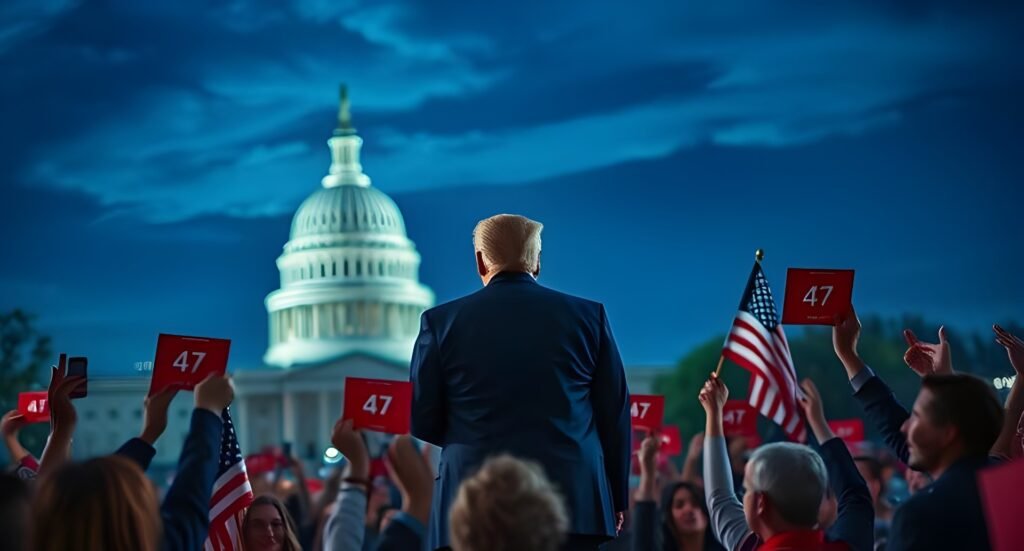

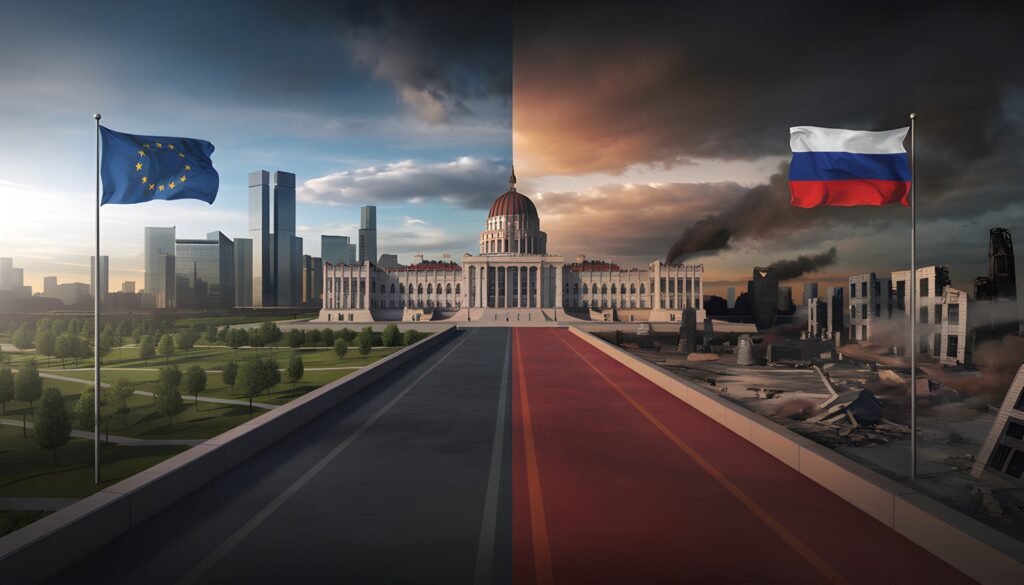
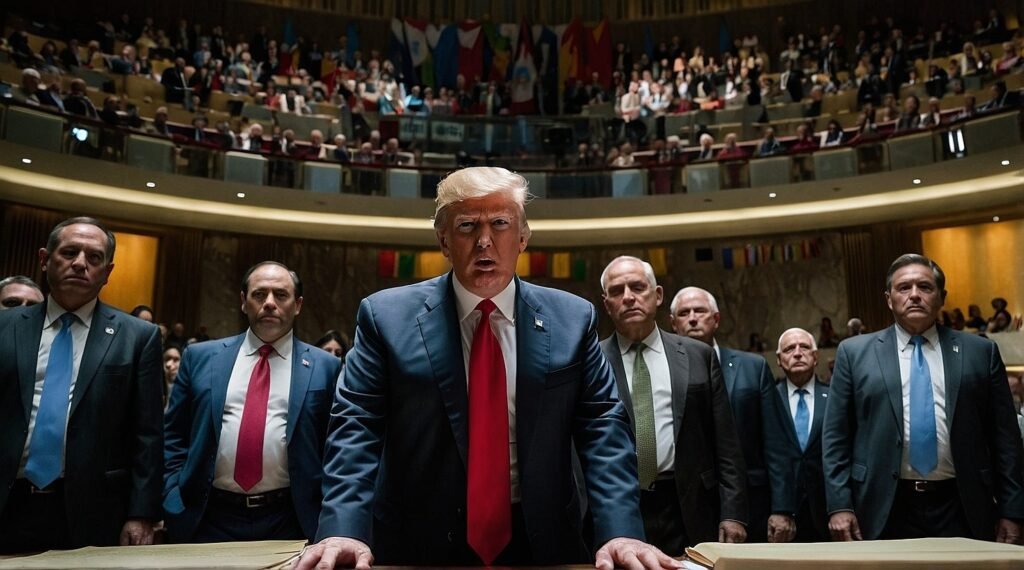
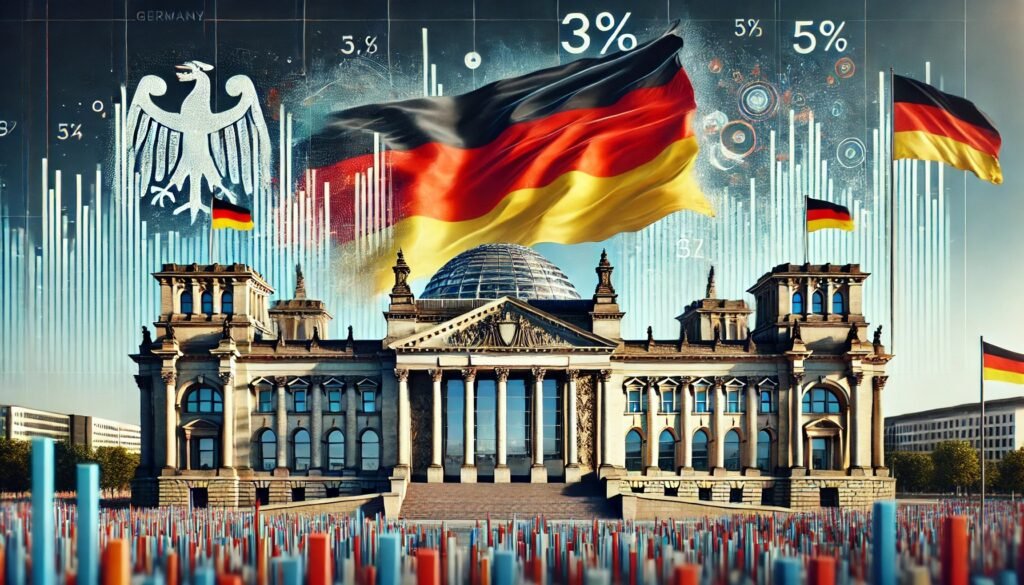
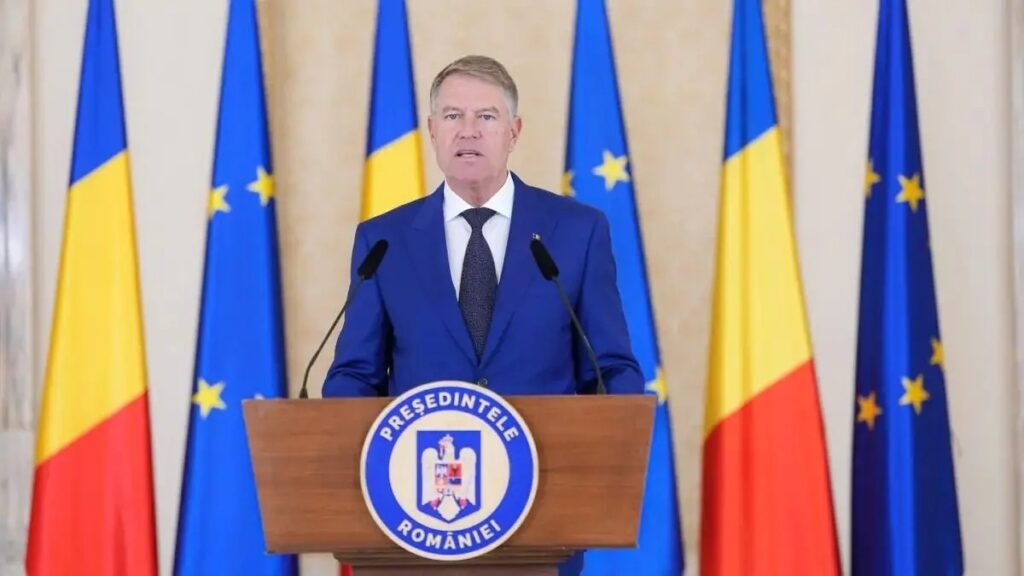

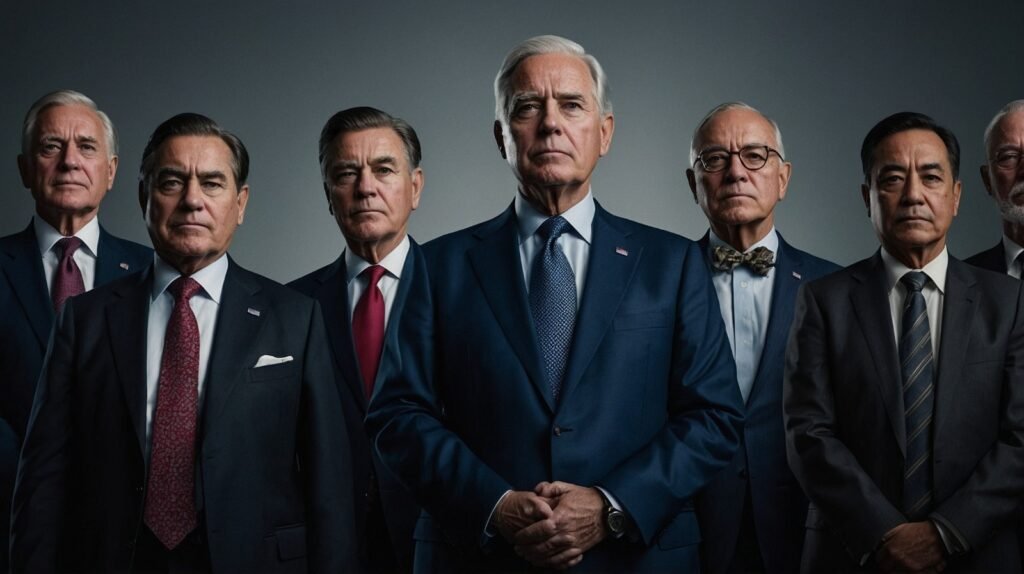
Balanceo dinamico
Equipos de ajuste: esencial para el desempeño uniforme y óptimo de las máquinas.
En el mundo de la ciencia moderna, donde la productividad y la estabilidad del aparato son de gran significancia, los aparatos de balanceo desempeñan un tarea esencial. Estos aparatos dedicados están creados para equilibrar y regular componentes rotativas, ya sea en maquinaria industrial, automóviles de transporte o incluso en aparatos de uso diario.
Para los técnicos en conservación de sistemas y los profesionales, trabajar con equipos de balanceo es esencial para proteger el rendimiento suave y confiable de cualquier mecanismo giratorio. Gracias a estas alternativas avanzadas innovadoras, es posible disminuir notablemente las sacudidas, el ruido y la tensión sobre los soportes, extendiendo la longevidad de elementos costosos.
Igualmente trascendental es el función que cumplen los aparatos de equilibrado en la soporte al consumidor. El apoyo especializado y el conservación constante empleando estos dispositivos habilitan dar servicios de óptima calidad, aumentando la contento de los clientes.
Para los propietarios de negocios, la inversión en unidades de equilibrado y sensores puede ser clave para optimizar la efectividad y desempeño de sus aparatos. Esto es principalmente significativo para los emprendedores que manejan pequeñas y pequeñas organizaciones, donde cada aspecto es relevante.
También, los aparatos de ajuste tienen una vasta aplicación en el campo de la fiabilidad y el control de nivel. Posibilitan encontrar potenciales fallos, impidiendo mantenimientos caras y averías a los equipos. Además, los información extraídos de estos aparatos pueden usarse para mejorar métodos y potenciar la exposición en motores de búsqueda.
Las zonas de uso de los aparatos de ajuste comprenden diversas ramas, desde la manufactura de ciclos hasta el supervisión ecológico. No interesa si se refiere de importantes producciones productivas o limitados locales caseros, los aparatos de balanceo son esenciales para asegurar un desempeño eficiente y sin presencia de paradas.